When you have to schedule study time in your day, you only have so many hours to work with. How do you decide the most effective approach? In today’s post, we break down how to organize your study time. We give you a small glimpse into the secrets of efficient studying, and how to make the most out of the waking hours in your day.
Mornings Are For Focus
A friend once told me: “In the morning your mind is crisp, but by the evening it’s crisped.”
Take advantage of when your mind starts the day fresh. Many reports show that our ability to retain information is best in the morning. As such, consider doing any reading either before work, or get to work early to sneak some reading in. On weekends, prioritize reading first thing in the morning. The morning is also a great time to do memory work.
Be aware of your thoughts as you go throughout the day. With enough self-reflection, you will start to notice how much “busier” your mind gets by the late afternoon and early evening. Do what suits you best. However, sleep is like a “reset” button, and you should use it to your advantage.
If your company lets you study at the office, then that’s great! Just make sure that it’s somewhere you can focus. At Professional Exam Tutoring, we know of hundreds of students that get paid to study, but do very little of it at the office. You’re better off not reading at all if you’re not focused.
Memorize, Memorize, Memorize
After you spend some time reading, next prioritize memory work. Whether providing a student with a Series 79 Tutor, SIE Exam Tutor, or CFA Tutor, our advice is always the same: take any 20-30 minute window that you have during the day to memorize flash cards, or your study sheet. Lunch time, or your commute, are great times to spend memorizing terms and formulas. Carry your study sheet or flash cards wherever you go. Aim to memorize 5 to 10 definitions, rules, or formulas every day. Anything more can be tough and daunting, while anything less might not be sufficient.
Evenings Are for Questions
It’s important that you choose study material in the evenings that will keep you engaged. The best way to stay engaged is to do practice questions. Practice questions are short, and will more easily keep your attention than reading 40 pages of your textbook. Try to implement at least 2 hours of study time in the evening with a focus on practice questions. This will help ensure that you can apply the material you read in the morning, and/or on a previous day. It will also accelerate your learning if you review the answers as you go (we highly recommend this as opposed to taking practice tests without immediately viewing the answers).
All in all, when deciding how to schedule study time for any exam, consider the above. The large majority of people operate the same way. Whether you consider yourself a “night owl” or an “early bird”, the same principles most likely apply. Make sure to maximize when your brain is still crisp in the morning, and crisped at night 🙂 Good luck!
